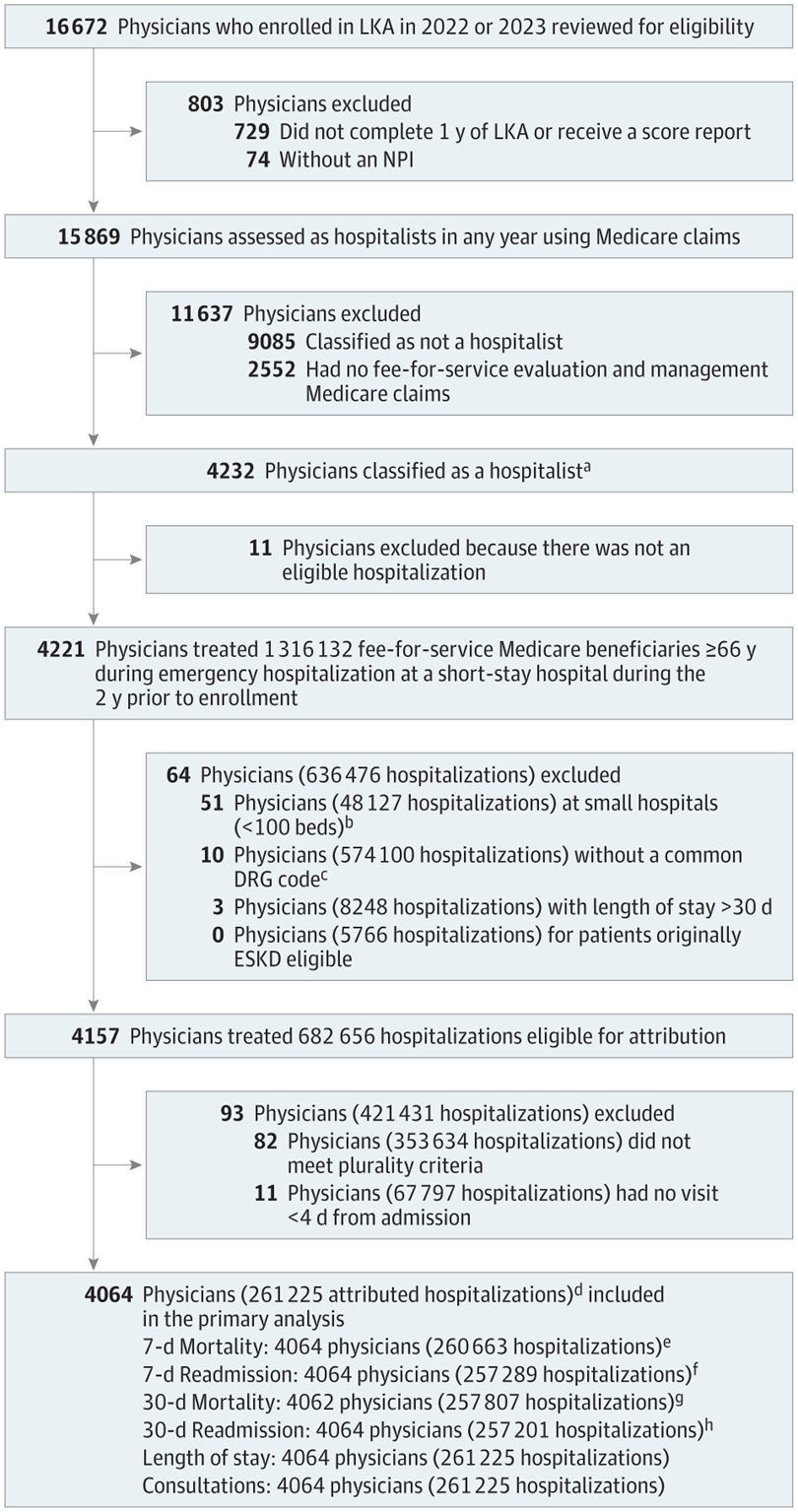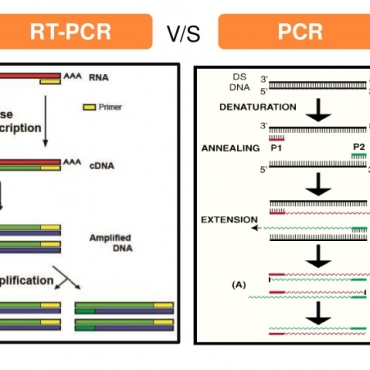Contact Admission
International Collaboration
Continuous Medical Knowledge Tied to Better Clinical Outcomes in Internal Medicine
A large-scale study published in JAMA Internal Medicine has revealed that physicians who score highly on the Longitudinal Knowledge Assessment (LKA) are associated with better clinical outcomes. Data from more than 260,000 hospitalizations indicate that physicians with strong, up-to-date medical knowledge are linked to lower mortality and readmission rates within the first week after admission.
Enhancing Competency, Improving Quality of Care
The LKA is a knowledge assessment initiative introduced by the American Board of Internal Medicine (ABIM) in 2022 to replace the traditional 10-year recertification exam. Under this model, physicians answer 30 questions each quarter, allowing them to identify and address gaps in their medical knowledge. However, prior to this study, the real-world effectiveness of LKA in improving clinical outcomes remained a topic of debate.
Conducted by researchers from ABIM, Harvard Medical School, and Beth Israel Deaconess Medical Center, the study provides clearer insights into the value of LKA. Results showed that patients treated by physicians in the highest LKA score group experienced 4.1 fewer deaths per 1,000 admissions compared to those treated by physicians in the lowest-scoring group. Seven-day readmission rates were also 3.1 per 1,000 lower. These differences were statistically significant and adjusted for patient, hospital, and physician characteristics.

Practical Implications and Future Applications
This study offers important implications for healthcare systems and clinical training oversight. LKA represents a time-based knowledge evaluation tool that may reflect the quality of care physicians deliver in practice. Incorporating LKA performance into ongoing training strategies, early feedback mechanisms, and professional support systems could reduce medical errors, improve prognoses, and enhance inpatient safety.
Limitations and Recommendations
Despite its robust design, the authors caution that LKA scores were collected after the treatment period, making it impossible to determine a definitive causal relationship. Furthermore, the findings are limited to hospitals with 100 or more beds and Medicare patients aged 65 and older, highlighting the need for further research in more diverse clinical settings.
Conclusion
This study provides the first scientific evidence linking continuous knowledge maintenance to improved inpatient outcomes. It supports the practical value of regular medical competency assessments and reinforces the ongoing need for quality improvement in medical education and practice.
Access the full study on JAMA Internal Medicine here
Other research
- Overdiagnosis: When the Boundaries of Disease Become Blurred ( 08:22 - 08/07/2025 )
- Rapid and sensitive diagnostic procedure for multiple detection of pandemic Coronaviridae family members SARS-CoV-2, SARS-CoV, MERS-CoV and HCoV: a translational research and cooperation between the Phan Chau Trinh University in Vietnam and Universit ( 15:42 - 29/06/2020 )
- PCTU studies at ISSAR 2019 international conference - Gyeongju, Korea ( 16:17 - 04/11/2019 )
- Melioidosis in Vietnam: Recently Improved Recognition but still an Uncertain Disease Burden after Almost a Century of Reporting ( 13:29 - 27/04/2018 )
- Microbiological agents causing community pneumonia require hospitalization ( 11:20 - 03/02/2018 )
- The in-vitro activity of sitafloxacin against the most common bacterial pathogens isolated from the clinical samples ( 11:10 - 03/02/2018 )
- Evaluate the role of the microbiological molecular biology tests in the early detection of pathogens causing lower respiratory infections ( 10:52 - 03/02/2018 )
- Production and evaluation of the kit using magnetic silica coated nano-iron beads to extract the nucleic acid from different samples ( 10:16 - 03/02/2018 )
- Challenges in selecting antibiotics treatment for H. Pylori in Vietnam ( 09:12 - 03/02/2018 )
- The resistance of the gram-negative rods isolated from clinical cases in Vietnam to doripenem ( 08:46 - 03/02/2018 )


















